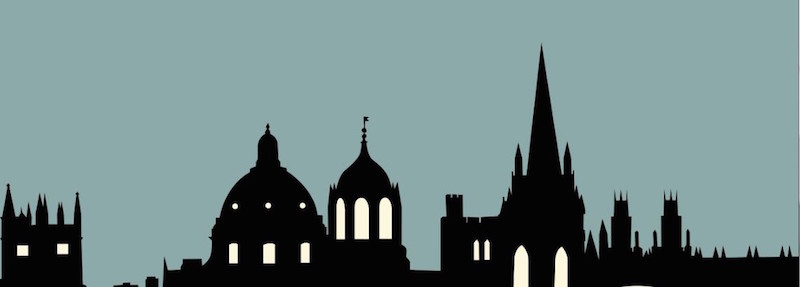Anxiously self-aware teenagers the world over ask themselves why life is worth living, and forthwith tumble into a crisis. Life cannot be lived with purpose or grace, they swear, until the Gordian knot of this dilemma is resolved. Years later, recalling the question and crisis, mortification necrotizes in the gut: how fatuous it all seems now, the urgent, naïve philosophizing of our youth.
But then, as adults, we are always elliptically asking ourselves the question. What we prioritize and the decisions we make all betray something of our answer, which is, whatever it is, the unconscious organizing principle of our lives.
Unconscious though it may be when deciding which job to take, or the frequency with which we exercise, we hunger still to confront the crisis directly. When we look to literature and philosophy for wisdom this is the question we’re looking to address. And yet, sensitive to accusations of pretention, literature rarely spells out the issue. In one of the few notable exceptions, Lily Briscoe asks herself in To the Lighthouse:
What is the meaning of life? That was all — a simple question; one that tended to close in on one with years. The great revelation had never come. The great revelation perhaps never did come. Instead there were little daily miracles, illuminations, matches struck unexpectedly in the dark; here was one.
Add to that list of exceptions The Zero and the One, the debut novel by translator and essayist Ryan Ruby, which takes this question as its central concern. A propulsive murder/suicide mystery that asks not who or how, in what room or with what weapon but why — why kill oneself? Why not?
Setting, characterization, and plot are deliberately stock — a campus novel with the the pomp and odors of Oxford. The brash outsider intellectual. His reluctant, retiring friend. There is a murder and/or suicide — the question of on who takes responsibility for this death animates much of the book. There is a troubled woman entangled in an illicit relationship. And up until the book’s closing pages, these elements develop with rollicking speed, great interest but no surprise — through one year, three cities, and a single death, the astute reader can guess with near-perfect accuracy the trajectory of every relationship. Yet in what may seem a coda, but is in fact the necessary conclusion to all this seemingly predictable development, the reader is left to puzzle over a final sequence that uncomfortably conflates into a grotesque of violence, vile servility, intellectual obsession, unwavering loyalty, and absolution.
What the hell has happened?
That question leads back to the original: why is life worth living? Zach, our brash outsider intellectual, ultimately determines that it isn’t. And to that end, he enlists Owen, the reluctant, retiring friend, to help him execute a suicide pact. The pact is bungled: Zach dies, Owen does not. Owen flies to New York to attend Zach’s funeral. There he meets Vera, Zach’s troubled sister. Secrets are revealed, lives are changed. These are the facts, but they disclose only the what, not the why, and everything, even facts thought firmly established, is liable to be undermined by the elusive why.
The Charon of Zach’s death drive is Hans Abendroth, an early 20th century philosopher drawn with such realism, readers will rush to purchase his back catalogue on Amazon (they’ll find nothing). Each chapter of The Zero and the One, Ruby’s novel, begins with an aphorism from Abendroth’s recondite masterpiece, The Zero and the One (Null und Eins, in the original German). Mix the self-satisfied despair of Nietzsche with the dour stateliness of Schopenhauer and round it all out with a mystic’s disinterest in being understood, and you’ll get something close to Abendroth, whose work provides Zach intellectual enticement or exculpation to die and provides for the reader a kind of intellectual teaser at the beginning of each chapter. Take, for instance, the titular aphorism:
A Warning to the Children of Sun, Earth and Moon — Nothingness added to Being is not oneness, but duality. But as nothingness is chronologically primary to Being, Being has never been the One. Only nothingness is oneness, wholeness, harmony and totality. Being is the name for the operation that irreparably divides the Zero in Two. Our desire to recover our lost wholeness is the desire for death.
No one dies in the proceeding chapter — the aphorisms serve a subtler function than simple foreshadowing; rather, insofar as a psychological backstory is provided for Zach’s death wish, it’s provided here. Ultimately, the reasons he wants to die are, like any human truth, only hinted at. And it is the questions left unanswered that prove the most compelling. What is love? In what degree and fashion does love differ from transgression? In what degree and fashion does friendship differ from subservience? Why is life worth living?
The Zero and the One can’t answer that question for you, but it will, critically, force you to ask the question again. This is a rare book — a compulsively readable page-turner that is actually, unapologetically, smart.


